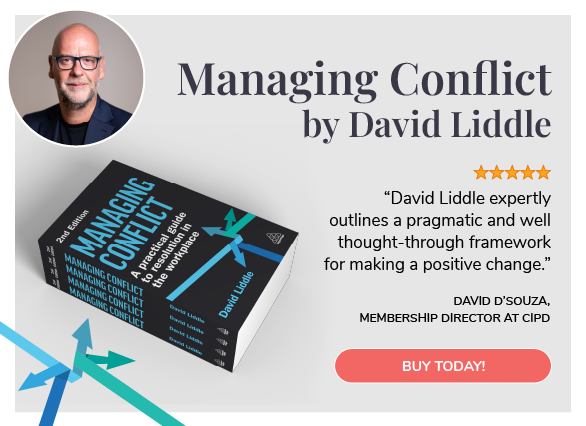
Share article:
Tags:
I have written before about how I find it extraordinary that 90% of cases that go to Employment Tribunal are found in favour of the employee[1]. But why?
Previously, I have explored the flawed investigation process as having contributed to such rulings, but that is not the sole reason employers fail at tribunal. What about a ‘fair hearing’?
The Importance of the Disciplinary Hearing
The disciplinary hearing is equally important to get right as the investigation because this is where decisions are made based upon the investigation, the response from the respondent in defence of their case and their mitigation.
If this process is not followed, then the hearing becomes just us unfair as a flawed investigation.
I liken the hearing officer to Henry Fonda’s ‘Juror 8’ in ’12 Angry Men’. In the film, Juror 8 is convinced of a defendants innocence, and has an uphill battle to convince the remaining jurors but, ultimately, he achieves it and the defendant is found not guilty.
This is a simplified version, of course, but the principles are the same; the hearing officer can be the one voice to change the course if processes, procedures, or investigations are flawed.
But their role is just as important in finding if the case presented is proven, that the investigation supports findings and the hearing officer has a genuine belief that the investigation was thorough, fair, and objective.
Taking Everything into Account
The hearing officer needs to remain objective, read all the information before them, listen to the respondent’s case, their objections on point of fact within the investigation, allow them to present their mitigation, allow them to call witnesses and to hear those witnesses statements.
They need to then take time to review everything presented, consider if they have a genuine belief that the case is proven, to consider the mitigation and then consider the range of options (sanctions) available to them before making that decision.
This is not a rushed or speedy process, it has to be a considered and rationale outcome to give the respondent the right to a ‘fair hearing’ and a reasonable outcome. Remember, as a hearing officer, the potential future employment of the respondent is in your hands.
It’s not always easy to allocate a hearing officer from within and you may want to consider external providers, to ensure objectivity and impartiality.
Whatever your chosen route, always remember that it should be a ‘fair hearing’ and never be afraid to be ‘Juror 8’.
How we can help
If you require support with any stage of the investigative process, then we are here to help. We have a world-class pool of expert consultants who can conduct the investigation, chair the disciplinary hearing or take the lead on any subsequent appeals. Contact us to discuss your specific needs.
[1] https://elliswhittam.com/blog/tribunal-numbers-increase-for-second-year-running/








